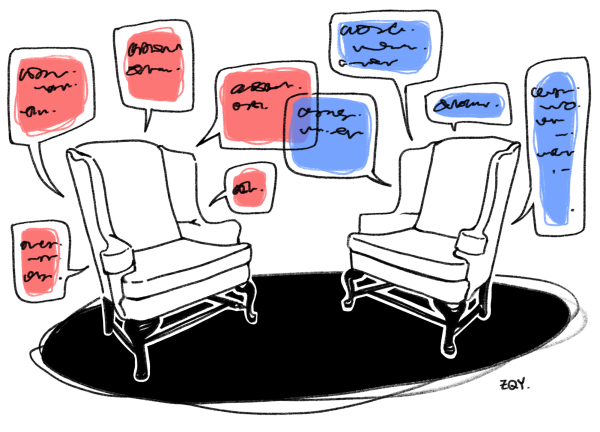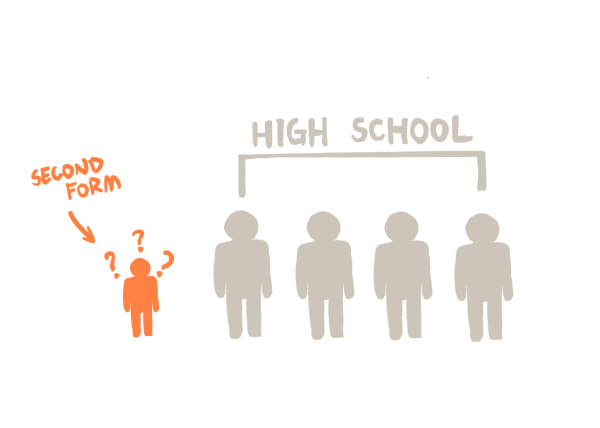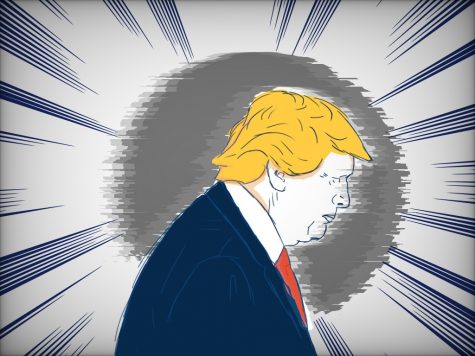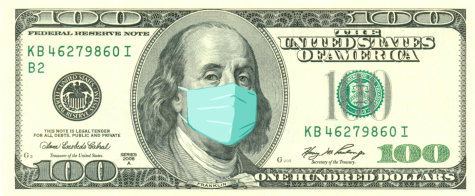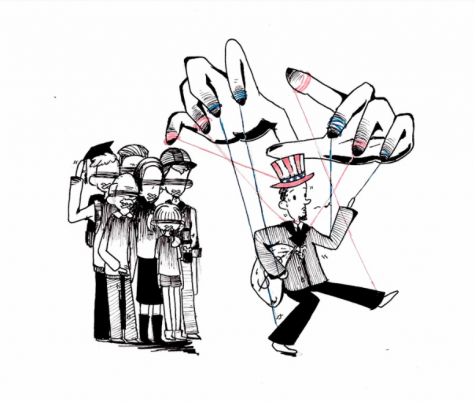Incognito no longer: Congress sells our search histories
On March 28th, the House passed a resolution that dismantles certain Federal Communications Commission (FCC) rules and bars the Commission from issuing similar rules in the future. The regulations that were rolled back essentially forced ISPs, or Internet Service Providers, to obtain specific opt-in consent from you, the user, before selling your web browsing history to advertisers. Without these rules, anything that you do on the Internet, anything you search, anything you watch, anything you read, can be sold against your will to the highest bidder. For both privacy advocates and for the average American, this is a disaster. Now, many will say, “well, I have nothing to hide, so why should I care?” This is a foolish sentiment hammered into consumers by Big Data and their lawmaker lackeys. Imagine that you search “cancer treatments” for a sick family member. Your ISP, perhaps AT&T or Comcast, potentially could sell that data to your insurance provider who then hikes up your premiums because they think that you have cancer. Or, for example, you could search “nearby anti-Trump protests” and that information could be sold to the government. What prosecutor needs to bother with the legal requirements of a search warrant when they can simply purchase the telephone logs and web browsing history of any citizen without consequence?
The passage of this joint resolution is the product of blatant lobbying and legal bribery offered by the telecom industry to Republican lawmakers. Senate and House Republicans (and some Democrats) have sold out their constituents in exchange for the interests of a few large corporations. Furthermore, this resolution is only the very beginning. FCC Chairman Ajit Pai is hell-bent on dismantling every piece of Internet privacy regulation possible, and has made this abundantly clear. Furthermore, many of the plans, if executed, will impede the freedom that is so fundamental to the Internet. Pai has said that his next step will be dismantling net neutrality, which in a nutshell means that ISPs will be allowed to make certain websites load faster or cost extra at their own whim. What does this spell for the average Internet user?
An ISP could make Netflix unbearably slow while their own streaming service loads quickly and uses no data. They could make the New York Times all but inaccessible whereas Breitbart would work like a charm for free.
Currently, the Internet maintains a neutral stance. ISPs cannot pick and choose which websites they want you to see or not. However, that will not be the case for long. Just, for a second, imagine an Internet where you visit an anti-government website. After the ten minutes it takes to load, the NSA receives a log of your searches and web activity. Perhaps that counterculture site is flat-out blocked by your ISP. Horrifying, isn’t it? A higher power monitoring and censoring everything you do online? Groton students can attest to the annoyance and invasion of privacy posed by Lightspeed and Sophos. Now imagine those tools in the hands of the drone-armed federal government and multinational corporations. Imagine Pepsi or United with this information.
This is unacceptable. Our lawmakers are sacrificing not only our privacy and freedom for the sake of a few bucks from Big Data, but they are putting the future of the entire Internet as a facilitator of free speech in dire peril.
An Internet where anyone’s activity can be sold indiscriminately to the highest bidder—be it advertiser, government, or a creepy private citizen—is not one I want to use. The Internet is an amazing and vastly powerful tool; it is also, for Americans, almost completely free and uncensored. It will be a dark day when anyone’s search query is in the hands of anyone who can pay for it. And thanks to Congress, that day is just a few clicks away.



